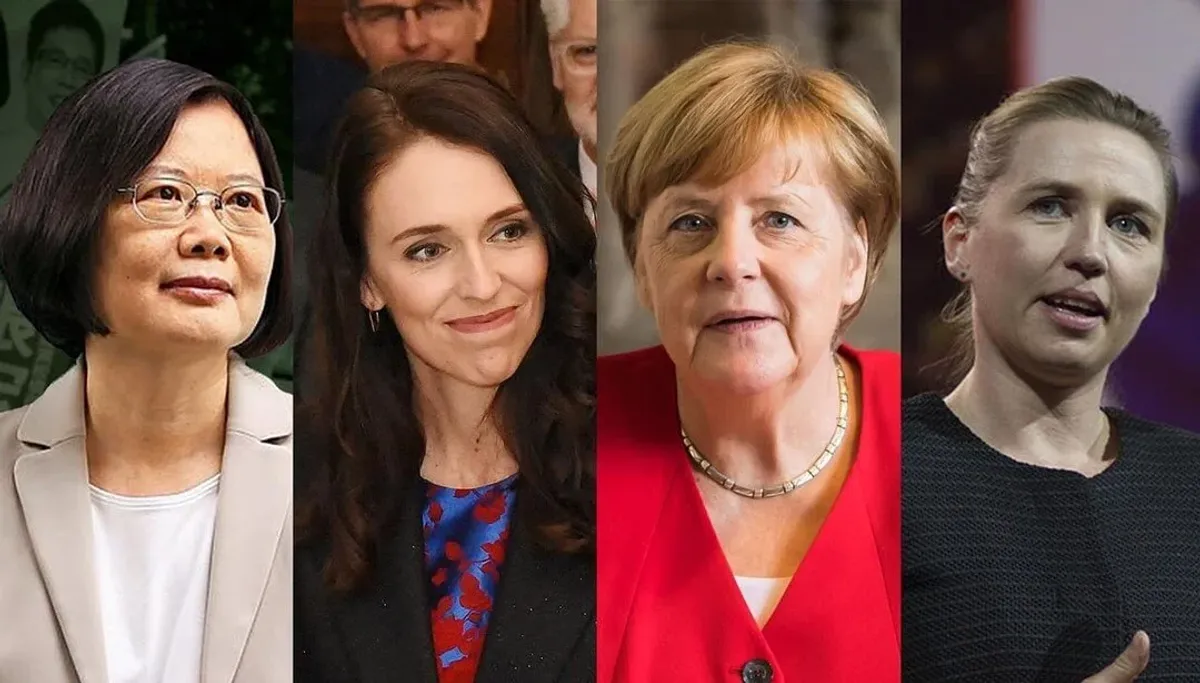The Role of South Asian Women in Shaping History
Throughout history, South Asian women have played pivotal roles in politics, culture, activism, and social change. Despite facing challenges such as patriarchy, discrimination, and limited opportunities, these women have emerged as powerful figures who have reshaped their societies. From queens and warriors to social reformers and political leaders, their contributions have left an indelible mark on South Asian history.  SouthAsianChronicle explores the legacy and influence of these remarkable women.
SouthAsianChronicle explores the legacy and influence of these remarkable women.
Women Leaders Who Shaped South Asian History
1. Rani Lakshmibai (India) – The Fearless Warrior Queen
Rani Lakshmibai of Jhansi was a key figure in India’s First War of Independence in 1857. Known for her valor and military strategy, she led her army against British colonial forces and became a symbol of resistance and courage.
2. Benazir Bhutto (Pakistan) – The First Female Prime Minister of a Muslim Nation
Benazir Bhutto shattered glass ceilings by becoming the first female leader of a Muslim-majority country. As Pakistan’s Prime Minister, she advocated for democracy, women’s rights, and economic reforms, despite facing political opposition and threats to her life.
3. Sirimavo Bandaranaike (Sri Lanka) – The World’s First Female Prime Minister
Sirimavo Bandaranaike made history as the first woman to serve as a head of government. She led Sri Lanka three times and focused on socialist policies, nationalization, and non-alignment in international politics.
4. Sheikh Hasina (Bangladesh) – A Visionary Leader
Sheikh Hasina, the current Prime Minister of Bangladesh, has been instrumental in transforming the country’s economy and strengthening its democratic institutions. Her leadership in advancing gender equality and economic progress has been widely recognized.
5. Indira Gandhi (India) – The Iron Lady of India
Indira Gandhi, India’s first female Prime Minister, played a crucial role in shaping the nation’s modern history. Her leadership during the Bangladesh Liberation War and her policies on economic development left a lasting impact on India’s growth.
Women’s Role in Social Reform and Activism
1. Savitribai Phule – Pioneer of Women’s Education in India
Savitribai Phule, along with her husband Jyotirao Phule, established the first school for girls in India. She worked tirelessly to promote education for women and marginalized communities.
2. Rokeya Sakhawat Hossain – Champion of Women’s Rights in Bengal
Rokeya Sakhawat Hossain was a writer and social reformer who advocated for women’s education and empowerment. Her famous work Sultana’s Dream envisioned a society where women led the way in progress and innovation.
3. Malala Yousafzai – A Global Icon for Girls’ Education
Though still young, Malala Yousafzai has already made history as a Nobel Laureate fighting for girls’ education worldwide. Her advocacy has inspired millions across the globe.
Women’s Contribution to Arts and Culture
1. Lata Mangeshkar – The Nightingale of India
Lata Mangeshkar’s contribution to South Asian music is unparalleled. Her voice has defined generations of Bollywood music and continues to inspire artists worldwide.
2. Amrita Sher-Gil – A Revolutionary Painter
Amrita Sher-Gil was a pioneering modern artist whose work bridged Western and Indian styles. She remains one of the most celebrated painters in South Asian history.
3. M. S. Subbulakshmi – The Queen of Carnatic Music
M. S. Subbulakshmi was a legendary Carnatic vocalist whose devotional and classical music brought global recognition to South Indian traditions.
Challenges Faced by South Asian Women in History
Despite their achievements, South Asian women have faced significant obstacles, including:
- Gender discrimination: Limited rights and societal expectations have often restricted their opportunities.
- Political and social barriers: Women leaders have frequently faced opposition and resistance in male-dominated societies.
- Economic inequality: Even today, women in South Asia struggle with wage gaps and limited access to financial resources.
The Future of South Asian Women’s Empowerment
With increasing education, policy reforms, and awareness, South Asian women are breaking barriers in various fields. The rise of female entrepreneurs, scientists, and political leaders suggests a promising future for gender equality in the region.
FAQs
1. Who was the first female ruler in South Asia?
Razia Sultana, who ruled the Delhi Sultanate in the 13th century, was one of the earliest female rulers in South Asian history.
2. How have South Asian women contributed to global feminism?
Many South Asian women, such as Malala Yousafzai and Arundhati Roy, have influenced global discussions on women’s rights, education, and social justice.
3. What are the biggest challenges South Asian women face today?
Issues like gender discrimination, lack of access to education, and workplace inequality remain major challenges for women in the region.
Conclusion
South Asian women have played a crucial role in shaping history, overcoming challenges, and paving the way for future generations. From politics and social reform to arts and activism, their contributions have left an undeniable mark on society. As South Asia progresses, the empowerment of women will continue to drive change. SouthAsianChronicle will keep highlighting the remarkable stories of South Asian women who inspire the world.